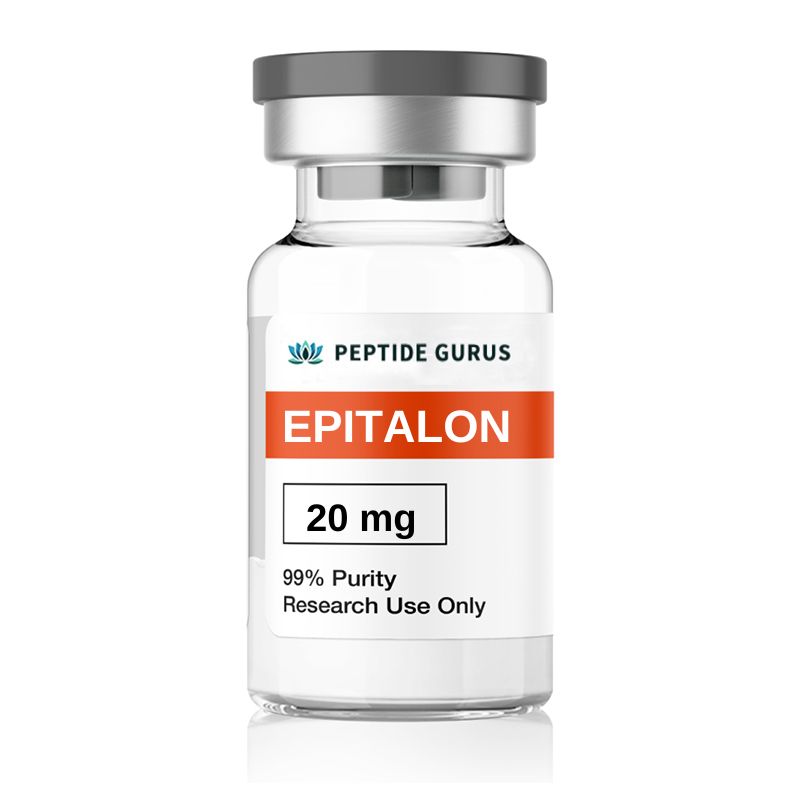



Categories: Peptides and Their Dosages
Epithalon Overview
Epithalon, also known as Epitalon, is a synthetic peptide that has garnered attention primarily for its potential role in anti-aging research. It is a derivative of Epithalamin, a naturally occurring extract from the pineal gland. Studies suggest that Epithalon could play a crucial role in extending telomeres, the protective caps at the ends of chromosomes, through its modulation of the enzyme telomerase. The elongation of telomeres is significant as it may contribute to cellular rejuvenation and combat the effects of aging.
Telomerase Activation
The primary mechanism of action for Epithalon is its ability to activate telomerase, an enzyme that aids in the extension of telomeres. Telomeres shorten with each cell division, and their length is closely associated with cellular aging. By potentially elongating telomeres, Epithalon may help to maintain cellular integrity and delay the aging process at the cellular level.
Anti-Aging and Cellular Rejuvenation
Beyond telomere elongation, Epithalon is studied for its overall anti-aging effects. Early research has shown promising results in delaying age-related degeneration in various organ systems. It has been observed to enhance the reproductive and immune systems’ functionalities and increase the lifespan of experimental animals such as mice and rats. This broad spectrum of potential benefits makes Epithalon a significant focus of anti-aging research.
Potential in Cancer Treatment and DNA Regulation
Epithalon’s role extends beyond merely anti-aging; it has also been studied for its effects in cancer treatment and DNA regulation. It has shown potential in influencing the expression of certain genes and in the treatment of specific cancer types. Epithalon’s impact on DNA regulation might also contribute to its anti-aging effects by ensuring the stability and integrity of genetic material over time.
Epithalon and the Pineal Gland
Originally developed in Russia in the 1980s, Epithalon is a peptide that stimulates the pineal gland to release melatonin, a hormone that regulates sleep patterns. This relationship with the pineal gland underscores its potential utility in managing age-related hormonal changes and improving sleep quality, both of which are crucial for maintaining overall health in the elderly.
Research and Development
Epithalon has been the subject of various studies aimed at uncovering its mechanism of action and potential applications. These studies have been critical in demonstrating its effects on telomerase activation and exploring its benefits beyond anti-aging, including its roles in cancer treatment and immune regulation.
Summary and Future Directions
In summary, Epithalon represents a frontier in peptide research with its promising applications in anti-aging, cancer treatment, and gene regulation. Continued research is essential to fully understand its mechanisms and potential in clinical settings. As more is learned about Epithalon, it could become a pivotal tool in extending healthy lifespans and treating age-related diseases.
PeptideGurus is a leading supplier of American-made research peptides, offering top-quality products at competitive prices. With a focus on excellence and customer service, they ensure a secure and convenient ordering process with global shipping.
CONTACT